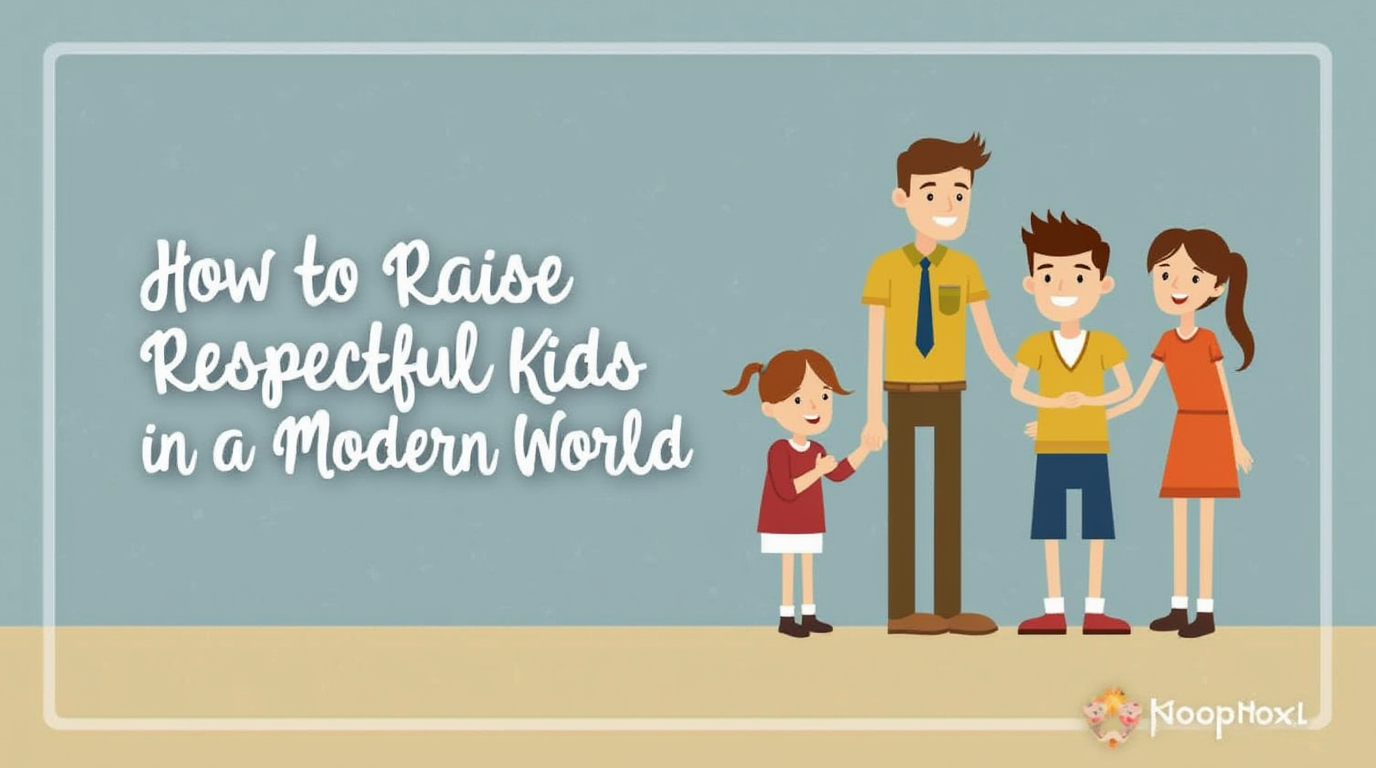Raising respectful children in today’s fast-paced and ever-changing world can be a challenging endeavor. With the influence of technology, diverse cultural interactions, and a rapidly evolving social landscape, parents are navigating uncharted territories. So, how can we guide our children to become respectful individuals in this complex environment? Here are some insights to help you on this journey.
Lead by Example: Respect is a two-way street, and children learn from observing their parents. Show respect to your partner, family members, friends, and even strangers. Use polite language, demonstrate good manners, and practice active listening. Your kids will mirror your behavior, so be the role model you want them to follow. For instance, when disagreeing with someone, maintain a calm tone and explain your perspective without resorting to insults or aggression.
Encourage Open Communication: Create a safe and non-judgmental environment where your children feel comfortable expressing their thoughts and feelings. Respect their opinions and validate their emotions, even if you don’t always agree. By fostering open communication, you teach them to respect different viewpoints and develop empathy. Family dinners or dedicated one-on-one time can be great opportunities for meaningful conversations.
Teach Cultural Sensitivity: Our world is becoming increasingly multicultural, and it’s essential to raise children who appreciate and respect diversity. Teach them about different cultures, traditions, and customs. Encourage curiosity and celebrate differences. If your child makes a culturally insensitive remark, gently correct them and explain why such comments might be hurtful.
Set Clear Boundaries: Establish clear rules and expectations for behavior at home and in public. Consistency is key to helping children understand what is expected of them. Explain the reasons behind the rules, as this will help them understand the concept of respect. For instance, when setting screen time limits, explain the importance of balance and how excessive screen time can affect their well-being.
In an era dominated by technology and instant gratification, teaching respect can be a powerful tool to help children build meaningful relationships and navigate social interactions with empathy and understanding.
